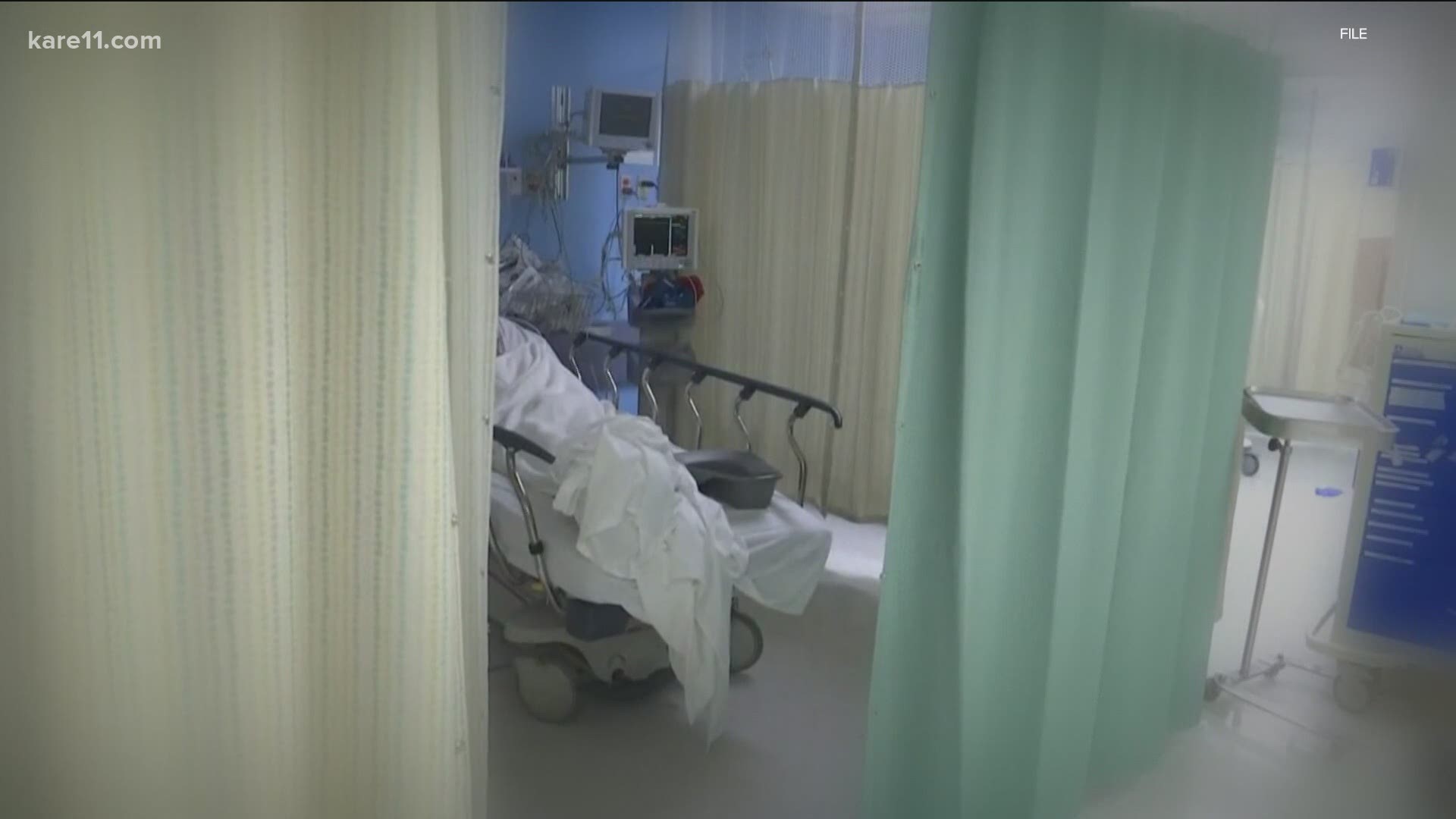MINNEAPOLIS — COVID-19 has led to a lot of changes in our lives. Now there's another one looming that could trigger a medical bill you aren't ready for.
Since last April, a lot of insurance companies and employers agreed in good faith to pay your out-of-pocket expenses for treatments related to COVID. But a Minnesota healthcare advocacy group is warning people that's about to change.
"Depending on what insurance you have, what you have to pay if you get sick, could vary a great deal," said Athos Health CEO Jon Hess.
Minnesota carriers like Blue Cross Blue Shield Association and HealthPartners' full COVID coverage stops June 30. PreferredOne and Medica will also stop on June 30.
After that, Hess says you're on the hook again for certain expenses.
"I don't want people to think, 'Oh my gosh, I'm going to end up with a million dollar bill for COVID treatment.' You shouldn't, but you're going to have to pay your out-of-pocket: your deductible, your co-insurance, your co-pay," explained Hess.
The Affordable Care Act does cap that amount at about $17,100, but to be prepared, Hess wants people to see if they qualify for a Health Savings Account. It's likely, especially if you have a high deductible health plan and you can still contribute to it until April 15.
"Maximize that out if you can and you can put even more money into it this year to save dollars and lower that tax bill," said Hess.
He also suggests applying for financial assistance at your hospital or set-up payment plans that should be interest free if you get a medical bill that has been ruled legitimate.
Hess hopes employers and carriers extend this kind of full COVID coverage if there's another surge in positive cases or as some health professionals are calling it, a fourth wave.
"We could end up in a situation where we start to see an uptick in hospitalizations right at the time when people's coverage is ramping down," warned Hess who says carriers and employers can change their mind at will. "Since there’s no government or state ruling, we’ve left it to individual insurers and employers to make decisions on how long they want to cover it."
He wants to remind people that we can do our part to beat the pandemic by continuing to get tested for COVID and get the vaccine, both of which are still free – paid, in part, by the federal government.

